I was thinking back to our conversation on fieldcraft vs. marksmanship. That conversation has been bothering me because of our use of the word “fieldcraft.” As snipers we all know what we mean – most of us are truly on the same wavelength. But something seems lost in translation. It is hard for us to define what fieldcraft really is.
My argument in our previous conversation was that the word fieldcraft, at least in the context we use it, invokes the wrong mindset. Fieldcraft is not something inherent to snipers. So, the concept or phrasing “sniper fieldcraft” just further promotes the misuse in terminology. Additionally, fieldcraft is something all soldiers should continuously think about with everything they do, not just when trying to be sneaky in the woods.
We often equate fieldcraft to stalking and camouflage. During my time as an instructor, we even referred to phases in the sniper course as “marksmanship” and “fieldcraft.” While I agree that camouflaging is a form of fieldcraft. I always thought referring to the stalking phase of the course as fieldcraft just wasn’t right. In actuality, stalking is a movement technique. Fieldcraft in relation to stalking, might be more accurately utilized when considering the application of a movement technique.
I want to throw a different term out there for consideration. This is a term that better describes the multidimensional aspects of what it takes to be a sniper. It is the combination of individual skillsets and tasks a sniper could be expected to perform. Maybe it can be a part of a mindset change that enhances our community.
TRADECRAFT:
“Tradecraft is an old word that used to refer to the work, or craft, of any profession, or trade.”
https://www.vocabulary.com/dictionary/tradecraft
“The skills and methods used by someone doing a particular skilled job.”
https://dictionary.cambridge.org/us/dictionary/english/tradecraft
What are your thoughts? Drop a line in the forum.

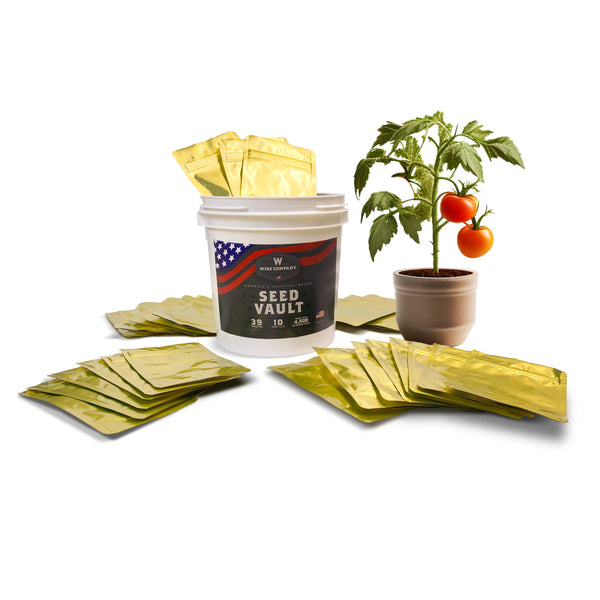

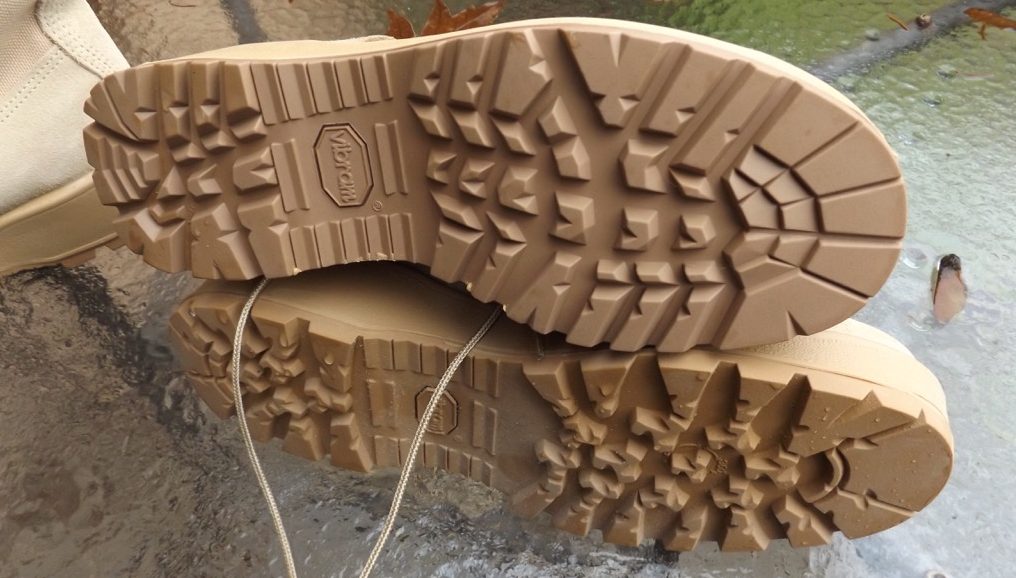




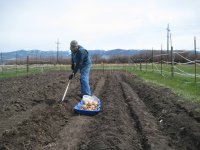

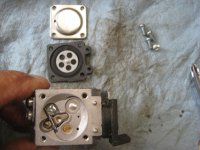
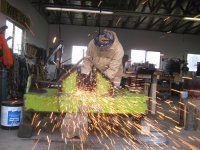
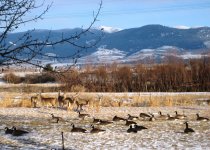
/cdn.vox-cdn.com/uploads/chorus_asset/file/23318433/akrales_220309_4977_0182.jpg)
